How to Get a Vietnam Work Visa: Guide for Foreigners
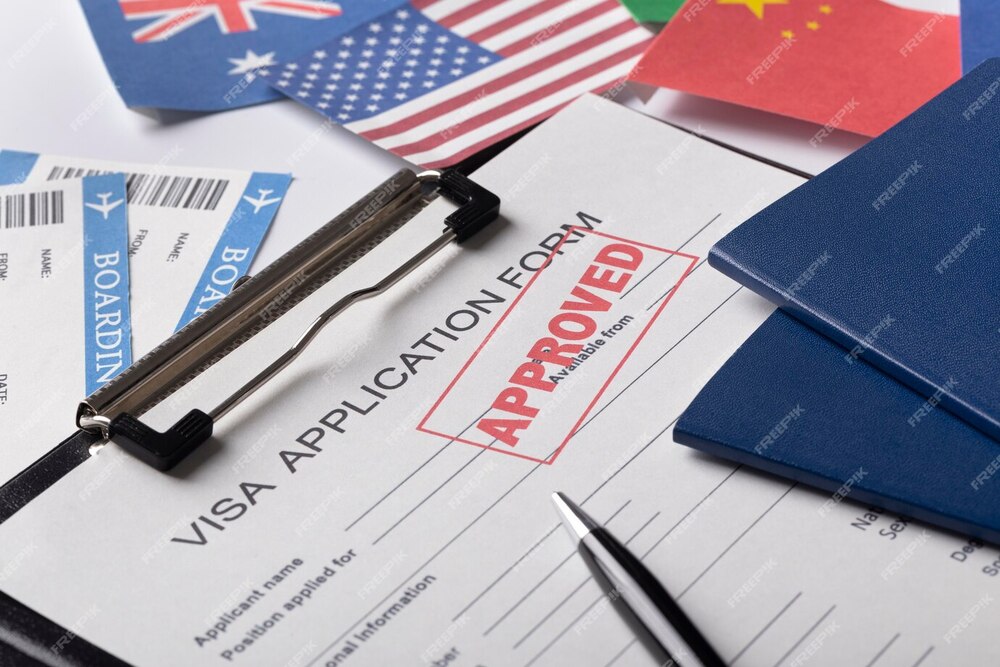
Vietnam continues to attract foreign professionals across industries, making work visas an essential part of legal employment in the country. This guide outlines everything foreigners need to know about how to get a Vietnam work visa in 2026, including requirements, procedures, and key legal considerations.
If you’re still in the planning phase, review How to Set Up a Company in Vietnam to understand the legal foundation for employment.
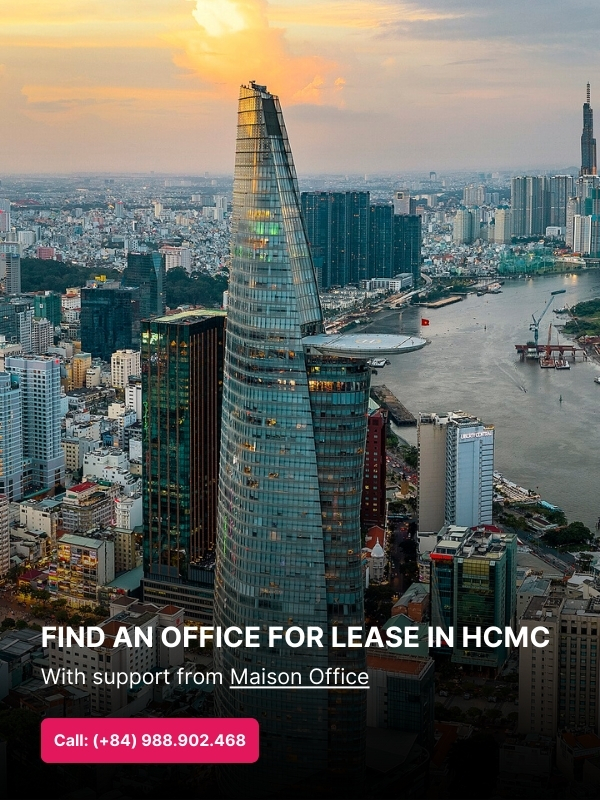 |
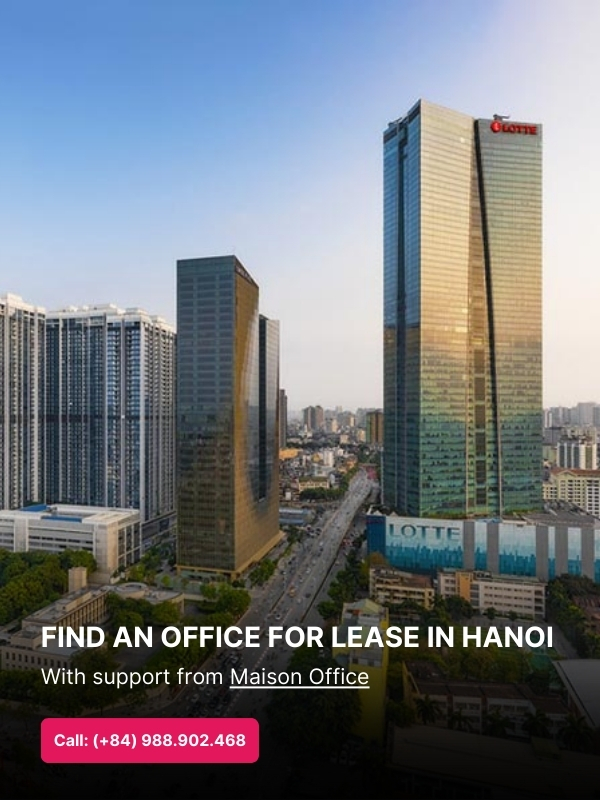 |
Table of Contents
- 1. Understanding Vietnam’s visa system for foreign workers
- 2. Vietnam Work Visa categories (LD1 & LD2)
- 3. Work permit requirement and TRC eligibility
- 4. Step-by-step: How to get a Vietnam Work Visa
- 5. Documents required for a Work Visa
- 6. Validity, renewal & Upgrade options
- 7. Common mistakes to avoid
- 8. FAQs: Vietnam Work Visa for foreigners
1. Understanding Vietnam’s visa system for foreign workers
Understanding Vietnam’s visa system is very important for foreign workers looking to live and work legally in the country. Choosing the right visa type – whether for full-time employment or short-term business – ensures compliance with local laws and provides access to essential benefits like residency and work permit exemptions.

Work vs. Business Visa: Key differences
Vietnam offers multiple visa categories for foreigners, but the two most common for professional activities are the Work Visa (LD) and Business Visa (DN). Understanding the distinction between these two is essential for legal compliance and long-term residency planning.
| Criteria | Work Visa (LD) | Business Visa (DN) |
| Purpose | For foreigners working legally under employment contracts | For foreigners entering Vietnam for meetings, investment, or short-term business |
| Work permit required | Yes (except LD1-exempt categories) | Not required |
| Eligibility | Foreign employees, specialists, technical workers, executives | Business partners, investors (not managing daily operations), short-term consultants |
| Allowed to work in Vietnam | Yes (with valid permit) | No (not permitted for full-time work) |
| Visa duration | Up to 2 years (often tied to the work permit) | Up to 12 months, often 1–3 months per entry |
| TRC eligibility (residency) | Yes (if holding LD visa and work permit) | No |
For investment-focused roles, explore the Vietnam Investor Visa Guide to determine if a DT visa is more appropriate.
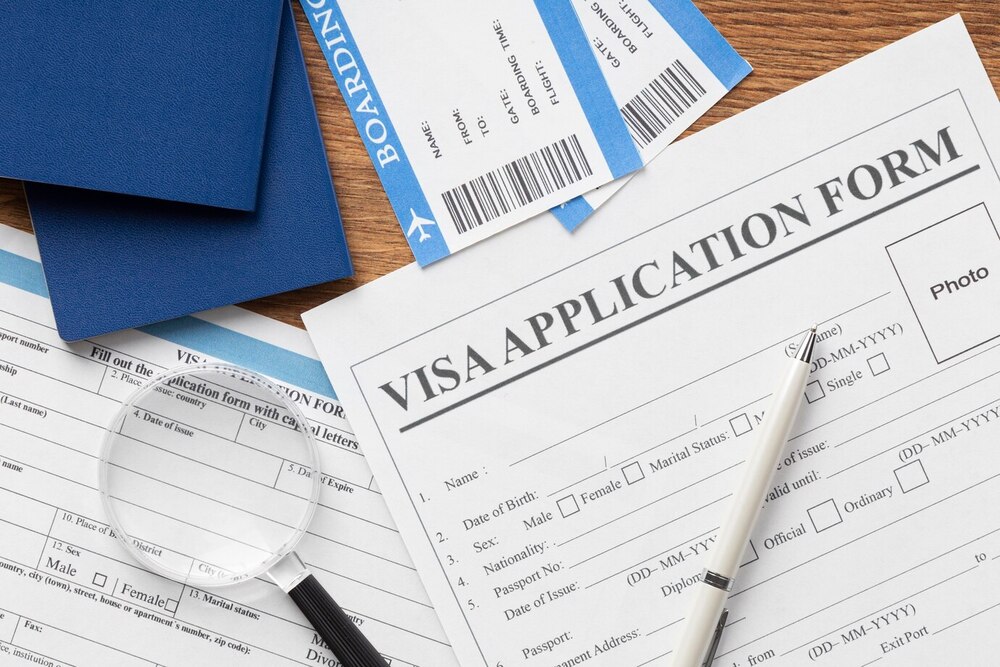
Why the Work Visa (LD Visa) is essential
For foreign nationals seeking full-time employment in Vietnam, the LD visa is not just recommended — it is a legal requirement. Unlike a business visa, the LD visa is specifically designed for individuals who will work under a labor contract or hold executive or technical roles within a Vietnamese company.
Without an LD visa (and a valid work permit, unless exempt), any employment activity is considered unauthorized and subject to penalties under Vietnamese labor and immigration laws.
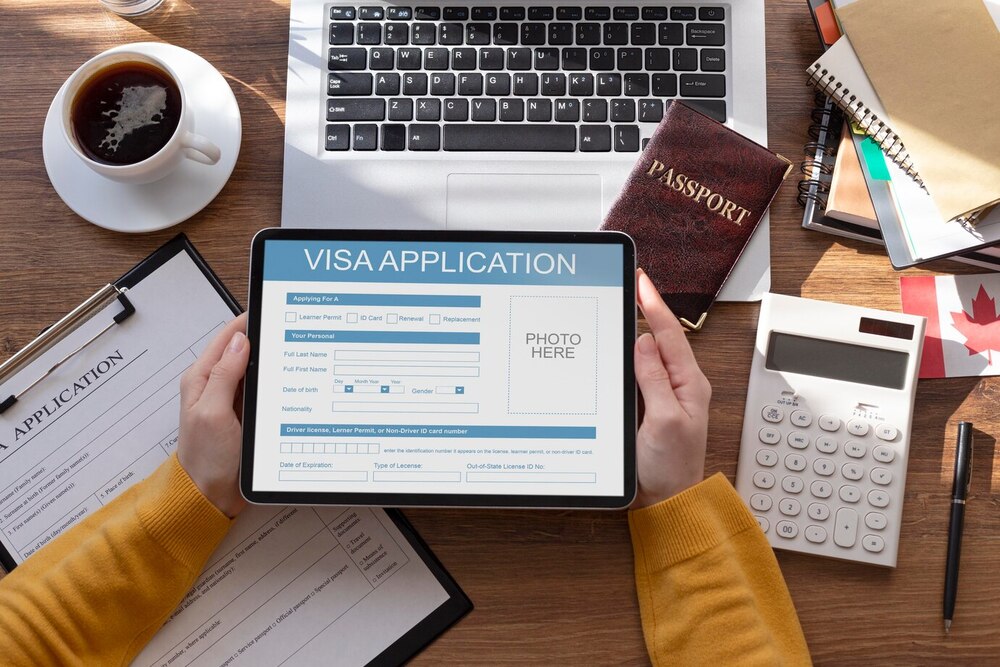
Key reasons why the LD visa is essential:
- Legally required for employment longer than 30 days
- Mandatory for work permit application (LD2) or exemption (LD1)
- Enables Temporary Residence Card (TRC) application for long-term stay
- Protects legal rights of foreign workers under Vietnam’s labor law
- Required for sponsoring dependents (spouse, children)
The LD visa ensures that foreign workers are fully compliant with Vietnam’s labor laws. It is the foundation for legal employment, long-term residency, and professional stability in the country.
2. Vietnam Work Visa categories (LD1 & LD2)
Vietnam’s work visa system is divided into two main categories: LD1 and LD2, each with distinct requirements based on the applicant’s eligibility for a work permit. Understanding the difference between these two types is essential for choosing the correct visa and avoiding compliance issues.
| Category | LD1 Visa | LD2 Visa |
| Work permit required | No – applicant is exempt under specific legal conditions | Yes – mandatory before applying for the visa |
| Eligible applicants | Company owners, board members, intra-corporate transfers, lawyers with licenses | Foreign specialists, skilled workers, executives with labor contracts |
| Legal basis | Article 7 – Decree 152/2020/NĐ-CP | Article 11 – Decree 152/2020/NĐ-CP |
| Sponsor required | Yes – a legally registered company in Vietnam | Yes – a legally registered company in Vietnam |
| Visa validity | Up to 2 years | Up to 2 years (matches work permit duration) |
| TRC eligibility | Yes | Yes |
| Approval required | Proof of exemption confirmation from labor authorities | Approved work permit issued before visa application |
| Common use cases | Business owners, intra-company transfers, legal professionals | Long-term employees under contract |
Grasping the distinctions between LD1 and LD2 visas ensures you take the right steps from the start. Each category serves a specific purpose – knowing which one applies to your case will streamline your application and keep you compliant.
3. Work permit requirement and TRC eligibility
Vietnam’s immigration and labor laws require most foreign nationals to obtain a work permit before engaging in employment activities. However, there are specific cases where a work permit may be waived under defined legal conditions. Understanding these distinctions is critical to avoid compliance issues and ensure eligibility for long-term residency options such as a Temporary Residence Card (TRC).
When is a work permit required?
A work permit is required for the majority of foreign employees who intend to work in Vietnam for more than 30 days under an official employment contract. It is a mandatory prerequisite for obtaining the LD2 visa and for legal employment status within the country.

You need a work permit if you are:
- Employed under a labor contract with a Vietnamese company
- Hired as a specialist, technician, or manager
- Taking on an executive role in a foreign-invested enterprise
- Working at a project office or representative office in Vietnam
- Not eligible under any work permit exemption clause
Work permit exemptions (under Decree 152/2020/NĐ-CP) include:
- Owners or board members of Vietnamese companies
- Internally transferred employees within multinational corporations
- Foreign lawyers with valid Vietnamese licenses
- Volunteers or students on internship programs recognized by the state
- Short-term assignments under 30 days (cumulative under 90 days/year)
Knowing whether a work permit is required is the first step to working legally in Vietnam. It determines your visa eligibility, residency options, and long-term compliance with labor laws.
TRC (Temporary Residence Card) for Work Visa holders
The Temporary Residence Card (TRC) is a long-term residency document granted to foreign nationals holding valid work visas and work permits in Vietnam. It serves as both a residence and re-entry permit, eliminating the need for visa renewals during its validity.
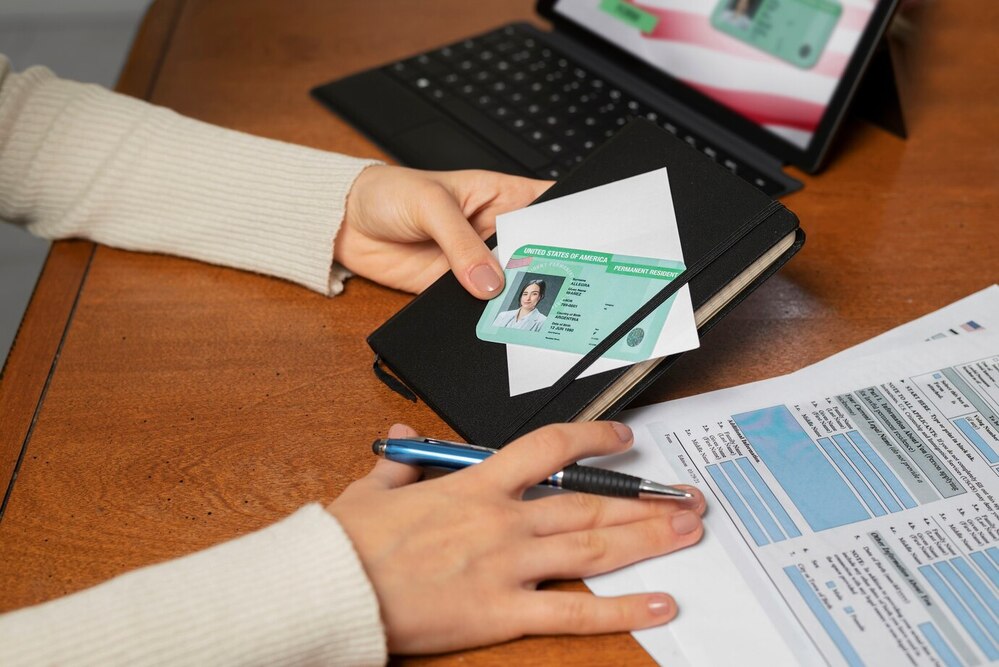
Key benefits of a TRC:
- Valid for 1 to 2 years, depending on the work permit and visa duration
- Allows multiple entries and exits without additional visas
- Enables foreigners to legally reside and work in Vietnam long-term
- Facilitates opening bank accounts, leasing property, and registering dependents
- Can be used to sponsor spouse and children for dependent TRCs
Eligibility requirements:
- Holding a valid LD1 or LD2 visa
- Possession of an approved work permit (or exemption confirmation)
- Proof of legal residence in Vietnam (temporary residence confirmation)
- Sponsorship from a legally registered employer
Required documents:
- Passport and current visa
- Copy of work permit or exemption approval
- Application forms NA6 (for the sponsor) and NA8 (for the applicant)
- Temporary residence confirmation from local police
- Company’s business license (ERC)
A TRC offers work visa holders a practical solution for long-term stay and legal stability in Vietnam. It simplifies immigration procedures and supports both personal and professional life.
4. Step-by-step: How to get a Vietnam Work Visa
Obtaining a Vietnam work visa is a multi-stage process that requires close coordination between the foreign worker and their sponsoring employer. Each step must be handled in the correct order to avoid delays or rejections. Below is a detailed breakdown of the full process for securing a legal work visa in Vietnam.

| Step | Description | Responsible party | Key documents / Requirements | Expected outcome |
| Step 1 | Employer request for labor use approval
Submit request to the Department of Labor to confirm the need to hire a foreign employee |
Employer | Labor use demand form, job description, ERC (business license) | Official approval to proceed with hiring |
| Step 2 | Apply for Work Permit (if required)
Submit application including documents from both employer and employee |
Employer (with employee support) | Work permit application form, health check, criminal record, qualifications | Work permit issued (valid up to 2 years) |
| Step 3 | Apply for LD1 or LD2 Visa
Apply for visa based on work permit or exemption confirmation, either at embassy abroad or Immigration Department in Viet Nam |
Employer or authorized agent | Valid passport, visa application form (NA2 or NA5), work permit/exemption | LD visa granted for up to 2 years |
| Step 4 | Entry and TRC Application (if eligible)
Enter Vietnam and submit TRC application for long-term stay |
Employee (with company support) | Work permit or exemption, residence confirmation, NA6 & NA8 forms, passport | TRC issued (1–2 years), legal residency secured |
Following each step in the correct sequence is key to securing a Vietnam work visa smoothly and legally. With the right documentation and a compliant sponsor, foreign professionals can confidently establish their long-term presence in Vietnam.
See how to obtain your Business Registration Certificate in Vietnam
5. Documents required for a Work Visa
To successfully apply for a Vietnam work visa, both the foreign applicant and their sponsoring employer must prepare a complete and accurate set of documents. Missing or incorrect paperwork is one of the most common causes of visa delays or rejections. The requirements may vary slightly depending on whether you’re applying for an LD1 or LD2 visa, but the core documents remain consistent.

Basic documents for LD Visa
These are the standard documents that every foreign worker must prepare when applying for an LD visa (either LD1 or LD2):
| Documents from foreign applicant | Documents from sponsoring employer |
| Valid passport (min. 6 months validity, 2 blank pages) | Enterprise Registration Certificate (ERC) |
| Passport-size photos (4×6 cm, white background) | Written request for visa issuance |
| Visa application form (NA2 or NA5) | Approval letter for foreign labor use (if applicable) |
| Health certificate (issued within last 12 months) | Labor contract or assignment letter (if required) |
| Criminal record (home country or previous residence, within 6 months) | Company seal and legal representative’s signature |
| Notarized degrees or qualifications (translated into Vietnamese) | Visa sponsorship documents aligned with Immigration Department format |
| Work permit (for LD2) or exemption confirmation (for LD1) | Support for residence confirmation (for TRC application, if needed) |
All foreign-language documents must be notarized and translated into Vietnamese, and some must be legalized by the Vietnamese consulate in the applicant’s home country.
Employer-side documents
The sponsoring employer plays a critical role in the work visa application process. Without the required documentation from the company, the foreign employee’s application cannot proceed. Below are the standard documents that the employer must prepare and submit in coordination with the applicant.

Core employer-side documents:
- Enterprise Registration Certificate (ERC): Valid business license showing legal status of the company
- Written request for visa issuance: Official letter stating the purpose, position, and duration of employment
- Labor usage approval: Confirmation from the Department of Labor approving the use of foreign workers
- Signed labor contract or internal transfer decision (if applicable)
- Company seal and legal representative’s signature: Required on all official documents
- Work permit approval (for LD2 visa) or exemption confirmation (for LD1 visa)
- Residence address or office lease contract: Used for residence confirmation when applying for TRC
Ensure that all employer-side documents are up to date, stamped, and signed consistently. Incomplete or mismatched company paperwork is one of the leading causes of visa application delays.
Don’t forget to validate your company’s license via the Vietnam Company Search Guide
6. Validity, renewal & Upgrade options
Understanding the duration of a Vietnam work visa and how to maintain or upgrade it is essential for foreign professionals planning to live and work legally in the country. Visa terms are closely tied to your employment contract, work permit, and visa category – each of which determines how long you can stay and what options are available for extension or transition.

How long is a Vietnam Work Visa valid?
The validity of a Vietnam work visa (LD1 or LD2) typically aligns with the duration of the foreign worker’s employment contract and work permit, with a maximum limit of two years per issuance.
Standard validity periods:
- LD1 visa (exempt from work permit): Up to 2 years
- LD2 visa (requires work permit): Up to 2 years, matching the work permit’s validity
Shorter durations may be granted based on:
- The duration of the employment contract
- Validity of passport
- Remaining validity of the employer’s business registration
Extension & TRC implications:
- Upon expiration, LD visas can be renewed or upgraded via in-country procedures
- Eligible LD visa holders can apply for a Temporary Residence Card (TRC) with the same duration as the visa
- Early renewal is recommended (at least 15–30 days before expiry) to avoid overstay penalties
Always align your visa duration with your work permit and avoid gaps between renewals to maintain continuous legal residency. If planning to change jobs or increase investment, consider transitioning to a new visa type (e.g., DT visa).
Can you renew or upgrade a Work Visa?
Vietnam work visas (LD1 and LD2) can be renewed or upgraded, depending on your employment status, visa type, and long-term residency goals. Renewals are typically done before the visa expires, while upgrades involve changing to another visa category (such as from DN to LD, or LD to DT).
| Aspect | Visa renewal | Visa upgrade |
| Definition | Extending the validity of an existing LD1 or LD2 visa | Switching from one visa type to another (e.g., DN → LD, LD → DT) |
| Eligibility | Ongoing employment, valid work permit or exemption | Change in employment status, business role, or visa purpose |
| Common scenarios | Continuing same job or employer | Starting work after entering on DN visa, becoming an investor |
| Application location | Vietnam Immigration Department (in-country) | May require re-application from abroad, depending on visa type |
| Key requirements | Passport, visa, updated work permit, employer documents | Full set of documents for the new visa category |
| Processing time | 5–7 working days | 5–10 working days (may vary by case and location) |
| TRC eligibility | Yes, if work permit is valid | Depends on new visa type (e.g., DT1–DT3 eligible, DT4 not) |
| Risk/Complexity | Low (if documents are valid and complete) | Medium–High (may require exit and re-entry, legal adjustments) |
Renewing your work visa is a straightforward process if your employment remains unchanged and documents are valid. For those shifting roles or business status, upgrading to a new visa type ensures legal alignment with your updated purpose of stay in Vietnam.
If you’re entering on a DN visa, learn about Vietnam Visa Costs before planning a transition.
7. Common mistakes to avoid
Many foreign workers and companies unknowingly violate immigration regulations due to misunderstandings about visa types and legal procedures. Avoiding common mistakes not only ensures compliance but also protects both the employee and employer from penalties, delays, or visa rejection.

Using a business visa for full-time employment
One of the most frequent and risky mistakes is using a business visa (DN) to engage in full-time employment in Vietnam. The DN visa is intended for short-term business activities such as attending meetings, negotiating contracts, or exploring investment opportunities – not for taking up salaried positions or managing daily operations.
Why this is a critical mistake:
- It violates Vietnamese labor and immigration law
- Individuals working on a DN visa without a valid work permit and LD visa may face: visa revocation; fines or deportation; being blacklisted for future entry.
- Employers may also face penalties and business license risks
According to Decree 152/2020/NĐ-CP, any foreigner performing work duties under a labor contract must hold a valid work permit and LD visa.
Read the full Vietnam Labor Law for Foreigners for conditions and exemptions.
Applying without a proper sponsor
Another common mistake when applying for a Vietnam work visa is proceeding without a qualified sponsor. In Vietnam, foreign nationals cannot apply for a work visa (LD1 or LD2) independently; they must be sponsored by a legally registered company or organization operating in Vietnam.
Why this is a serious issue:
- The employer acts as the official sponsor for both the visa and work permit
- Without a sponsor, your visa application will be automatically rejected
- Using a third-party or “paper” company that is not your real employer can lead to: visa invalidation; legal fines; denial of Temporary Residence Card (TRC).
What a proper sponsor must provide:
- Enterprise Registration Certificate (ERC)
- Labor usage approval letter
- Visa sponsorship letter
- Signed labor contract
- Proof of office address and legal operations
Verify that your sponsoring company is properly licensed and compliant with Vietnamese labor and immigration laws. Choosing the right sponsor is the foundation for a successful and legal work visa application.
Submitting incomplete or mismatched documents
A major cause of visa delays and rejections is submitting incomplete, outdated, or inconsistent documents. Even small discrepancies between your paperwork and official records can trigger processing issues or legal complications.
Common documentation issues include:
- Mismatched information between passport, visa forms, and labor contracts
- Missing notarized translations for degrees, police records, or health certificates
- Submitting expired documents (e.g., criminal records older than 6 months)
- Lack of residence confirmation from local authorities for TRC applications
- Using unofficial templates or failing to follow the format required by the Immigration Department
Consequences of poor documentation:
- Application rejection or delay
- Restarting the visa process from the beginning
- Potential overstay fines if visa expires during reprocessing
8. FAQs: Vietnam Work Visa for foreigners
Below are some of the most frequently asked questions by foreigners considering employment in Vietnam. These insights will help clarify common concerns and support better decision-making before, during, and after your visa application.
Can I apply without a company sponsor?
No. A company sponsor is mandatory for all LD visa applications. Foreign workers must be hired by, or assigned to, a legally registered company in Vietnam that can provide official sponsorship. The sponsor is responsible for initiating labor approvals, applying for the work permit, and submitting visa documentation.
What happens if I work on a business visa?
Using a business visa (DN) for full-time employment is a violation of Vietnamese law. Business visas are meant for short-term activities like attending meetings or exploring investment—not for salaried employment. Working on a DN visa without a valid work permit can result in:
- Visa cancellation and deportation
- Fines for both the employee and employer
- Being blacklisted from re-entry into Vietnam
How long does the work visa process take?
The full process, from labor approval to visa issuance, typically takes 3–4 weeks, depending on how quickly documents are prepared and approved. Estimated timeframes:
- Labor usage approval: 7–10 working days
- Work permit processing: 10–15 working days
- Visa issuance: 5–7 working days
Can I bring my spouse and children under a work visa?
Yes. If you hold a valid LD visa and work permit, you can sponsor your spouse and children under 18 for a TT (dependent) visa or Temporary Residence Card (TRC). Required documents include:
- Marriage certificate or birth certificate (translated and legalized)
- Copy of your valid passport, visa, and TRC
- Proof of legal residence in Vietnam
Securing a Vietnam work visa requires careful preparation, the right sponsorship, and compliance with legal procedures. By following the correct steps and understanding your obligations, you can ensure a smooth entry and long-term employment in Vietnam. For added support, consider working with trusted advisors to streamline the process.
Once your work visa is secured, the next step is choosing the right place to operate.Maison Office, your trusted commercial leasing agent in Vietnam, offers tailored office for lease in Ho Chi Minh City and office for lease in Hanoi for foreign professionals and companies.




